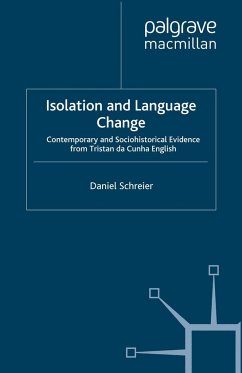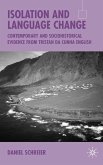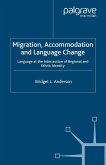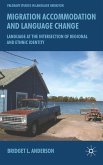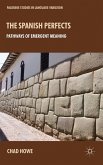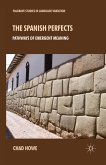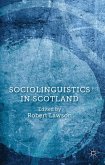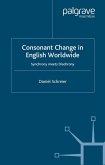Extremely isolated communities offer 'laboratory conditions' for examining the processes of language change and dialect formation. This book presents findings of the first-ever ethnographic fieldwork on the most remote island in the world with a permanent population, Tristan da Cunha. It documents the historical formation of a unique local dialect and investigates the sociolinguistic mechanisms that underlie dialect contact and new-dialect formation. It also uncovers the linguistic consequences of post-insularity - language change processes as a result of increasing contacts with other communities and speakers. Researchers and students of language variation will find this book a unique resource.
'...convincing and well-written, very up-to-date, and highlights both theoretically, and with empirically tested examples, the importance of this small community's dialect to our understanding of language change.' - Dr David Britain, Department of Language and Linguistics, University of Essex
'It's hard to imagine a sociolinguistic situation more intriguing than Tristan da Cunha. Its unique settlement history and subsequent isolation make it an ideal setting for considering critical issues related to founder effects, language contact influence, and innovation. This is a captivating study, told with the perfect blend of sociolinguistic sophistication and human interest.' - Professor Walt Wolfram, North Carolina State University
'This is a genuinely pioneering piece of work...as the first linguist to visit Tristan, Schreier not only provides a brilliant description, made at first hand, of this fascinating and unique variety of English, but he also manages to solve some of the enigmas concerning its origins and to convey an informed and affectionate sense of the society in which it is spoken.' - Professor Peter Trudgill, Chair of English Linguistics, University of Fribourg
'It's hard to imagine a sociolinguistic situation more intriguing than Tristan da Cunha. Its unique settlement history and subsequent isolation make it an ideal setting for considering critical issues related to founder effects, language contact influence, and innovation. This is a captivating study, told with the perfect blend of sociolinguistic sophistication and human interest.' - Professor Walt Wolfram, North Carolina State University
'This is a genuinely pioneering piece of work...as the first linguist to visit Tristan, Schreier not only provides a brilliant description, made at first hand, of this fascinating and unique variety of English, but he also manages to solve some of the enigmas concerning its origins and to convey an informed and affectionate sense of the society in which it is spoken.' - Professor Peter Trudgill, Chair of English Linguistics, University of Fribourg

